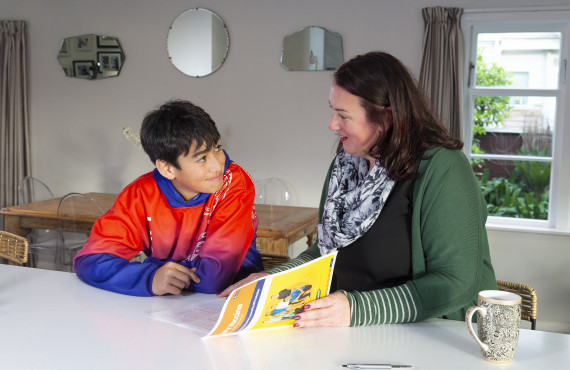Vaccination against HPV protects from 6 different types of cancer caused by the HPV virus
HPV is a common virus that can cause cancers later in life. Tamariki can be protected from these cancers with the HPV vaccine at 11-12 years old.
Its FREE, safe, effective and long-lasting.
Anyone who missed out on getting the vaccine can catch up free up until age 27 years. Its not as effective but will still offer good protection.
What is HPV?
Human Papillomavirus (HPV) is a common group of viruses that are spread by close, intimate skin to skin contact, such as sexual activity. Around 80% of all unvaccinated adults will have an HPV infection during their lifetime.
For most people, it will go away by itself without causing any symptoms or health problems. For a few people, approximately 1 in 10 people, the infection will not go away by itself and may can result in developing in to cancer many years later.
The HPV vaccine will protect children before they are exposed to the HPV virus.
Cancers caused by the HPV virus
There are 6 types of cancer caused by infection with the HPV virus:
Cervical, vaginal, vulval, anal, penile, and mouth/throat
Almost all cervical and anal cancers and most vaginal, vulval and penile cancers are caused by HPV infection. HPV can also infect the back of the throat and is a leading cause of most throat cancers.
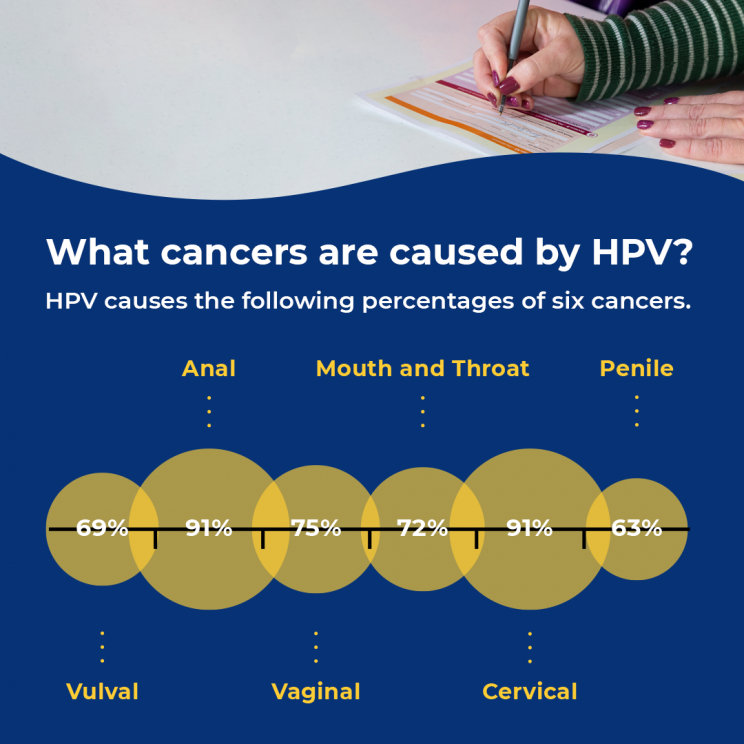
Who should get vaccinated
All tamariki should have the HPV vaccine to protect them from developing cancer in later life. The best time to be vaccinated is aged around 11 or 12 years old, prior to exposure to an HPV infection. At this age the vaccine works best and provides long term protection.
The HPV vaccine is for all genders.
Rangatahi (young people) who have missed out on receiving the vaccination at ages 11 or 12 can still be immunised free up until their 27th birthday.
How/where to get vaccinated
For tamariki the HPV vaccine is part of the school-based immunisation programme and offered in Year 8. If your child’s school participates in the vaccination programme a consent form will be sent home to be signed by a caregiver and returned. Your child will receive the vaccine at school along with their peers.
If your child’s school doesn’t participate in the immunisation programme, or your child missed receiving the vaccine at school, free vaccination is also available at your whānau health centres.
Vaccination for young adults is available at health centres and Family Planning clinics.
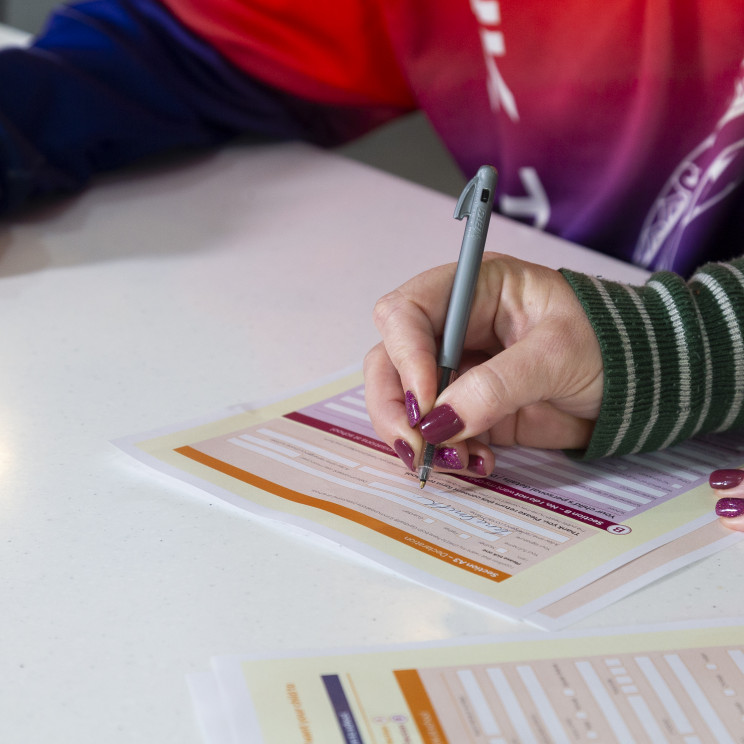
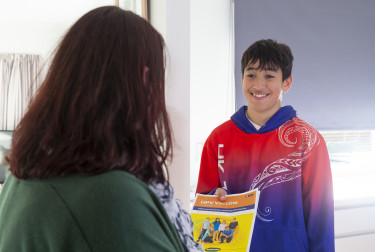
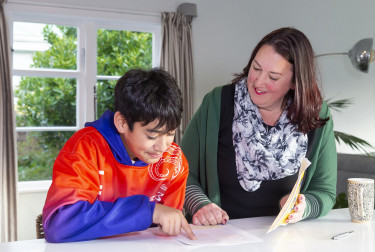
FAQs about the HPV vaccine
No, the HPV vaccine is for all genders. Most people know the HPV vaccine protects against cervical cancer, but the HPV vaccine actually protects against 6 types of cancer. It’s important that all tamariki are vaccinated.
Yes, the HPV vaccine is very safe. The vaccine has been researched, tested and monitored for many years. Millions of doses have safely been given worldwide.
Side-effects are usually very mild and only last for a short time. The most common side-effects are:
- pain or swelling in the arm where the vaccine is given
- increased temperature, headache, or feeling tired
- dizziness, fainting or feeling sick
For tamariki aged 11 to 15 years old two doses of the HPV vaccine Gardasil® 9 will be given 6 months apart.
For those over 15 years old three doses of the HPV vaccine Gardasil® 9 are needed, spaced across 6 months.
People who have had a severe allergic reaction to yeast (an ingredient in the vaccine) or to a previous dose of the HPV vaccine, and pregnant people should not have the vaccine.
Some adults who are not already vaccinated may decide to get the HPV vaccine after speaking with their doctor about their risk for new HPV infections and the possible benefits of vaccination. Vaccination may be recommended, particularly for immunocompromised people.
Caregivers or young people can check their vaccination status with their school, whānau nurse, or local health provider. It’s important to check if you have received all the necessary doses.

